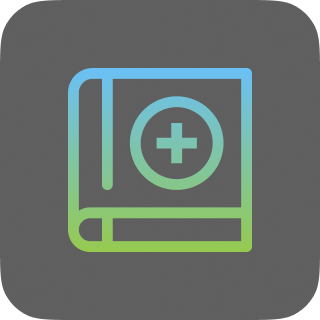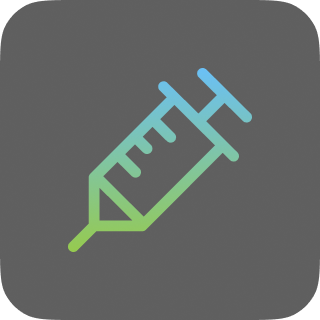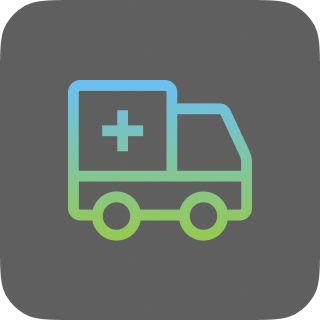Is this your child’s symptom?
- The normal process of new teeth working their way through the gums
- Questions about teething
- Baby teeth come in between 6 and 24 months of age
- Caution: At least one tooth should be seen before using this care guide
Proven Symptoms of Teething
Teething has been researched in-depth. Kids who are teething are little different from kids who are not teething. Here are the main symptoms that have been proven:
- Drooling. Increased spit and drooling.
- Rash. Face rash from drooling. The drool contains little bits of food that are irritating to the skin.
- Chewing. Increased need to chew on things.
- Gum Pain. Gum pain is mild and not always present. May be due to mouth germs getting into the new break in the gum. Most often, your baby just acts a little more fussy. There’s not enough discomfort to cause crying. It also doesn’t hurt enough to cause sleep problems.
False Symptoms of Teething
- Teething does not cause fever, diarrhea, diaper rash or runny nose.
- It does not cause a lot of crying.
- It does not cause your baby to be more prone to getting sick.
- Caution about Fevers. Blaming teething for fevers can lead to a delay in seeking care for infections. Examples are ear and urinary tract infections. Another example is meningitis.
- There are 2 reasons why infections start between 6 and 12 months of age. One is the loss of antibodies transferred to baby from the mother at birth. The other is the developmental milestone of chewing on everything.
- Caution about Crying. Blaming teething for crying can lead to a delay of care for other illnesses. Examples are ear infections or other causes of pain.
When to Call Us for Teething
Call Doctor or Seek Care Now
| Contact Doctor During Office Hours
| Self Care at Home
|
Care Advice for Teething
- What You Should Know About Teething:
- Teething is a natural process.
- It’s harmless and it may cause a little gum pain.
- The main symptoms of teething are drooling and rubbing the gums.
- It does not cause fever or crying. If these are present, look for another cause.
- Here is some care advice that should help.
- Gum Massage:
- Find the irritated or swollen gum.
- Rub it with your clean finger for 2 minutes.
- Do this as often as needed.
- Putting pressure on the sore gum can decrease pain.
- Age over 12 months. You can use a piece of ice wrapped in a wet cloth to rub the gum.
- Teething Rings (Teethers):
- Babies rub their own sore gums by chewing on smooth, hard objects.
- Offer a teething ring, pacifier or wet washcloth that has been chilled. Chill these items in the fridge. Do not use items frozen in the freezer.
- Age over 12 months. A piece of chilled banana may help.
- Do not use hard foods that could cause choking. An example is a raw carrot.
- Do not use ice or popsicles that could cause frostbite of the gums.
- Avoid “teething necklaces.” They are not approved by the FDA and are not helpful. They also have harmful risks including choking and death.
- Cup Feeding:
- If your baby refuses nipple feedings, try a cup.
- A spoon or syringe can also be used for a short time as needed.
- Pain Medicine:
- Pain medicines usually are not needed for the mild discomfort of teething.
- Fussiness often gets better with gum massage. If not, you can give an acetaminophen product (such as Tylenol). If age over 6 months, another choice is an ibuprofen product (such as Advil). Just do this for one or two days. (Reason: Frequent use can cause liver or kidney damage).
- Teething Gels: Do Not Use
- You can get special teething gels without a prescription.
- Most have benzocaine in them. They are not approved by the FDA at any age.
- Reason: Benzocaine can cause choking, bluish skin and allergic reactions. It can be very harmful if used during the first 2 years of life.
- Also, teething gels only give brief pain relief.
- Gum massage works much better.
- What to Expect:
- Most often, teething does not cause any symptoms.
- If your child is having some discomfort, it should pass in 2 or 3 days.
- Call Your Doctor If:
- Crying occurs
- Fever occurs
- You think your child needs to be seen
- Your child becomes worse
And remember, contact your doctor if your child develops any of the ‘Call Your Doctor’ symptoms.
Disclaimer: this health information is for educational purposes only. You, the reader, assume full responsibility for how you choose to use it.
_
Copyright 2000-2023. Schmitt Pediatric Guidelines LLC.









